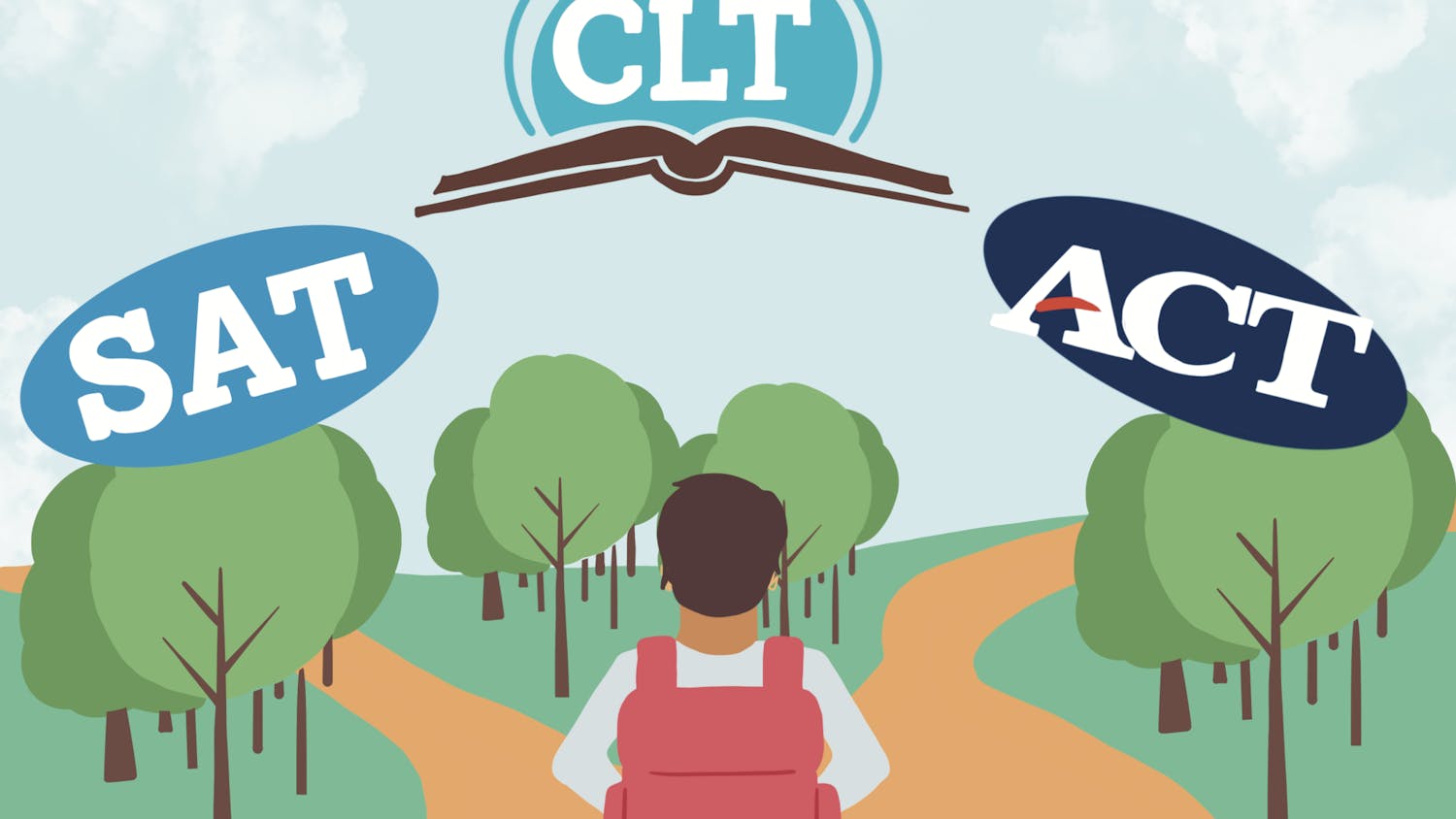David Coleman was named the new president of the College Board last summer and, thanks to him, the board is debuting a reconstructed SAT in 2015. The SAT has long been a poor excuse for a college-readiness exam. This is especially true of the essay section, which came under heavy fire at a September press conference filled with high school and university faculty from across the country. They told Coleman in no uncertain terms how detrimental the essay portion has become for students. For the first time, the College Board is listening.
In his article aptly titled “We Are Teaching High School Students to Write Terribly,” Slate.com’s Matthew Malady details how the SAT-essay-grading system rewards students for fabricating experiences instead of supporting their work with facts, which is the basis of a college composition.
One professor interviewed for the article stated there is “no concern about factual accuracy.” Another claimed that the SAT serves only to give students “a diminished view of what writing is.” The most forward of the bunch said this exam, which should be about testing command over language, is merely rewarding “the ability to bulls**t on demand.”
When testing, students get 25 minutes to plan an essay but no extra paper. They respond to vague, FCAT-like prompts by throwing up words, half of them about fake experiences. During grading, readers must meet a daily quota and essays go past them conveyer-belt style. Taking more than three minutes to score a paper gets them booted from the job. Reading more than 30 essays in an hour, two minutes or less per essay, and they earn a bonus.
The grading system means there is no time to fact-check, so the prose becomes all-important. Stuffing it with upper-register vocabulary looks impressive as readers skim past the context which, if it was read, would reveal its writer had no idea what “obstreperous” actually means. Of course, five-paragraph style is a given. Anything else and graders have to pause and consider structure, which steals points automatically.
English teachers, even in AP courses, have to spend time teaching this formula. First comes the hook, then the thesis, three body paragraphs, a conclusion and, for God’s sake, end it on a profound note. A personal favorite? Never cross two T’s in one stroke; the writing looks rushed, which implies insecurity. All these tricks and tactics may boost the score but serve no purpose outside the testing room. With high pressure from schools, peers and parents to achieve a high pass rate, it must be done. Unfortunately, time spent on test prep detracts from learning the truly applicable lessons.
However, AP essay questions trump the SAT’s in that they require facts — which will be checked — and often include critical analysis or document synthesis. These come closer to representing university-level writing, which asks the student to mesh outside sources to support original arguments. Meanwhile the SAT says, “Screw the facts, kid, you’re a credible source all your own.”
What SAT prep teaches students is regurgitation, which in any form yields an unoriginal and unenjoyable result.
True command of the English language means having a veritable arsenal of strategies for any writing situation. It does not mean students plunging two fingers into the back of their throats to spew nonsense and thesaurus words onto unsuspecting paper. The SAT and its lessons in spinning great tales are overdue for a facelift. For something dubbed a “college readiness assessment,” it couldn’t be farther from it. Today we thank the testing gods for David Coleman and look forward to when students get a taste of real writing.
Critical analysis teaches us to spot patterns and dissect the nuances of others’ verbal and written communications. A holistic writing education allows us to articulate a point in a graceful and novel way. Writing should be about producing a concrete communication, one with merit that can stand alone. These are important life skills. If we are to inhabit and decipher the world around us — our context — we have to stop teaching students to bulls**t their way to success.
Katie McPherson is a UF English junior. Her column runs on Tuesdays. A version of this column ran on page 7 on 10/15/2013 under the headline "When it comes to writing, SAT should cut the crap"





